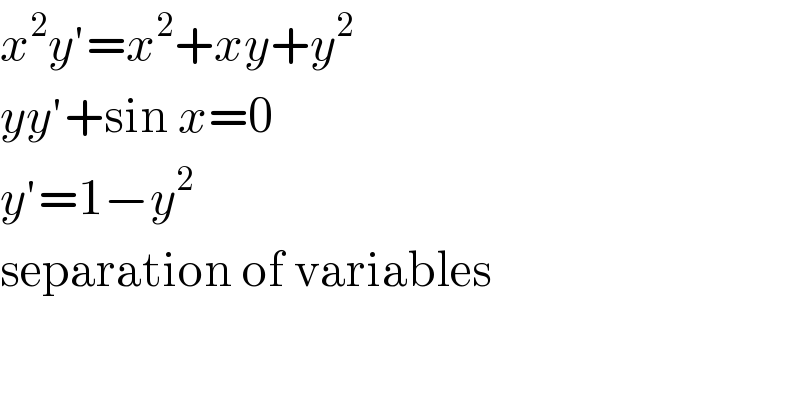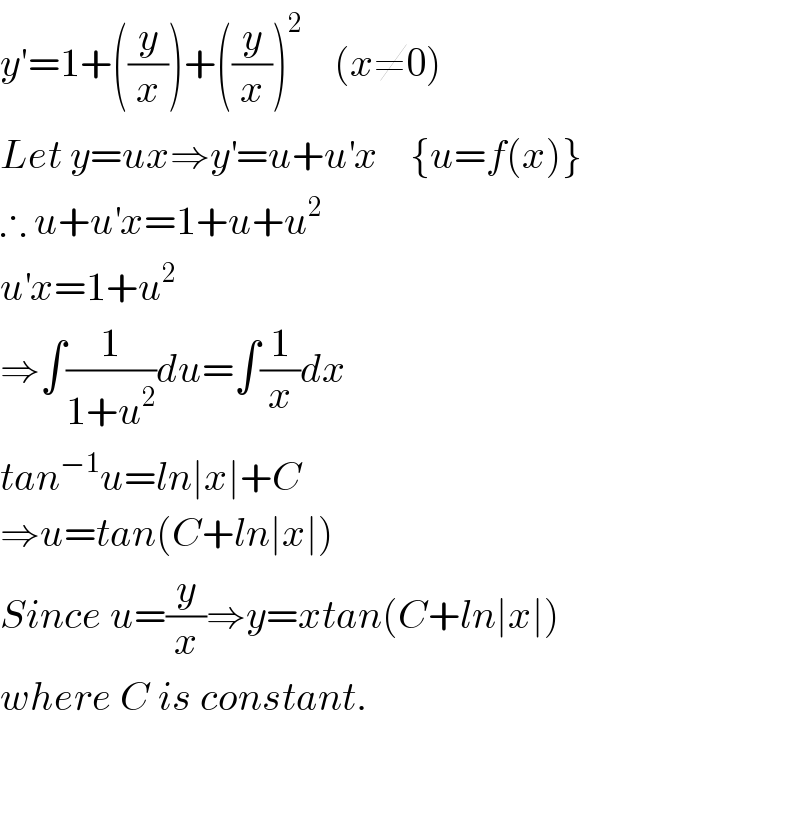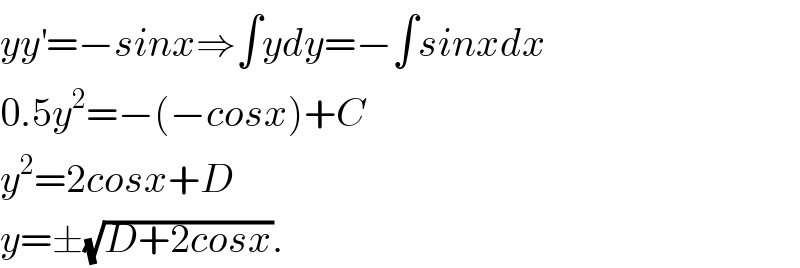Question Number 5097 by LMTV last updated on 12/Apr/16

Answered by Yozzii last updated on 12/Apr/16

Commented by LMTV last updated on 12/Apr/16

Commented by Yozzii last updated on 12/Apr/16

Commented by Yozzii last updated on 12/Apr/16

Answered by Yozzii last updated on 12/Apr/16

Answered by Yozzii last updated on 12/Apr/16

Answered by Yozzii last updated on 12/Apr/16

